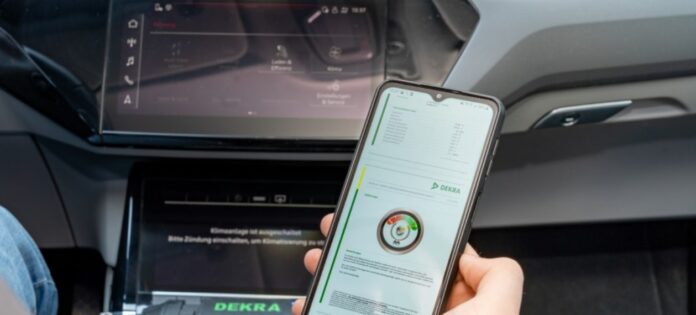Electric car batteries have demonstrated remarkable durability, dispelling some consumers’ fears about their longevity. Based on more than 25,000 “state-of-health” tests conducted using the DEKRA patented rapid battery test, experts found that even at high mileages, most electric vehicle (EV) batteries remain in excellent condition. For instance, Jaguar I-PACE taxis operating in Munich since 2018 have maintained 95–97% battery health despite driving between 180,000 and 260,000 kilometers. These findings underscore the robustness of modern EV batteries, which can endure demanding daily charging routines while retaining substantial capacity. Operators like münchener cab zentrum have thus committed to expanding their electric fleets, with a target of complete electrification by 2029.
Despite these encouraging results, skepticism persists in the used EV market. Many potential buyers fear that EV batteries degrade as quickly as smartphone batteries, which often show reduced capacity after a few years. However, DEKRA’s data highlights that most traction batteries maintain over 90% health even with extended use. Nonetheless, battery aging can vary based on factors such as driving style, climate, and charging habits. Given the battery’s critical role in determining an EV’s value, reliable assessments of battery health are essential for building confidence in the used car market.
The DEKRA rapid battery test addresses this need with its quick, precise evaluations. Available for over 130 vehicle models across Europe, the test combines static analysis and short acceleration drives to deliver results within 15 minutes. By parameterizing each vehicle model through extensive initial testing, DEKRA ensures a highly accurate health assessment. Plans are underway to simplify the procedure further by eliminating the need for driving, allowing battery health to be measured during brief charging sessions. This innovation aims to make the process even more accessible, enhancing consumer trust and supporting the broader adoption of electric vehicles.







